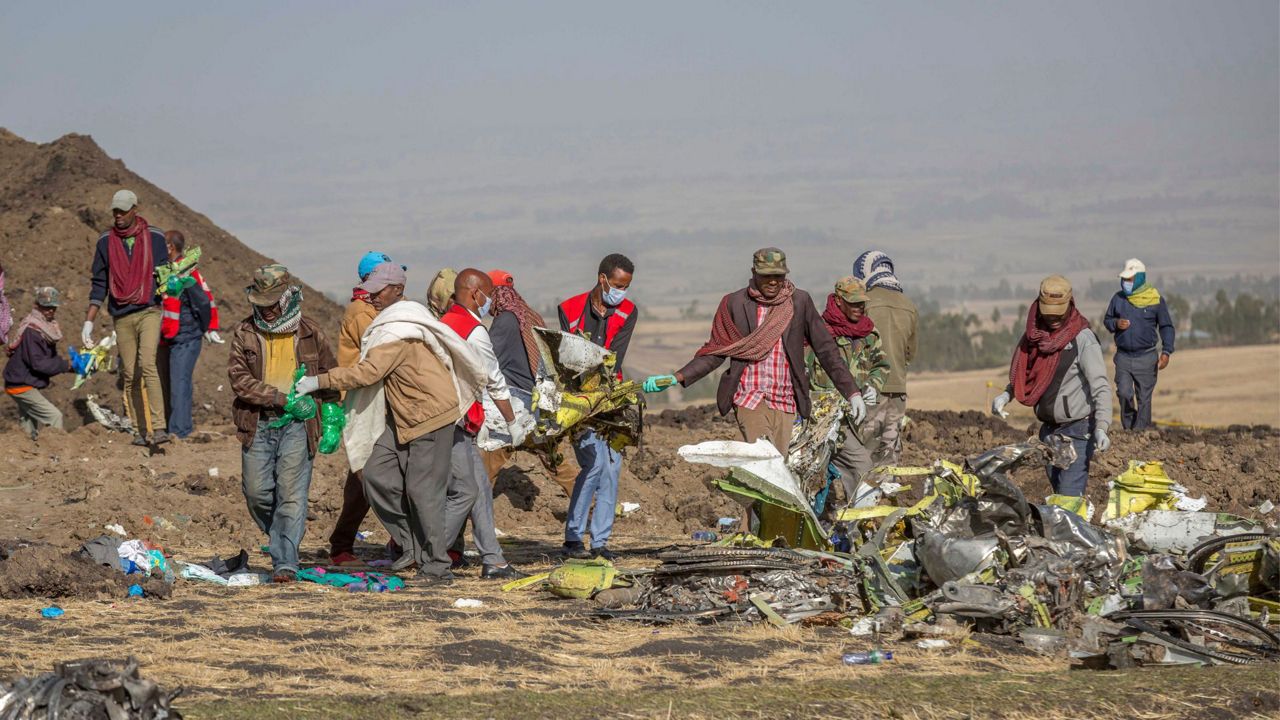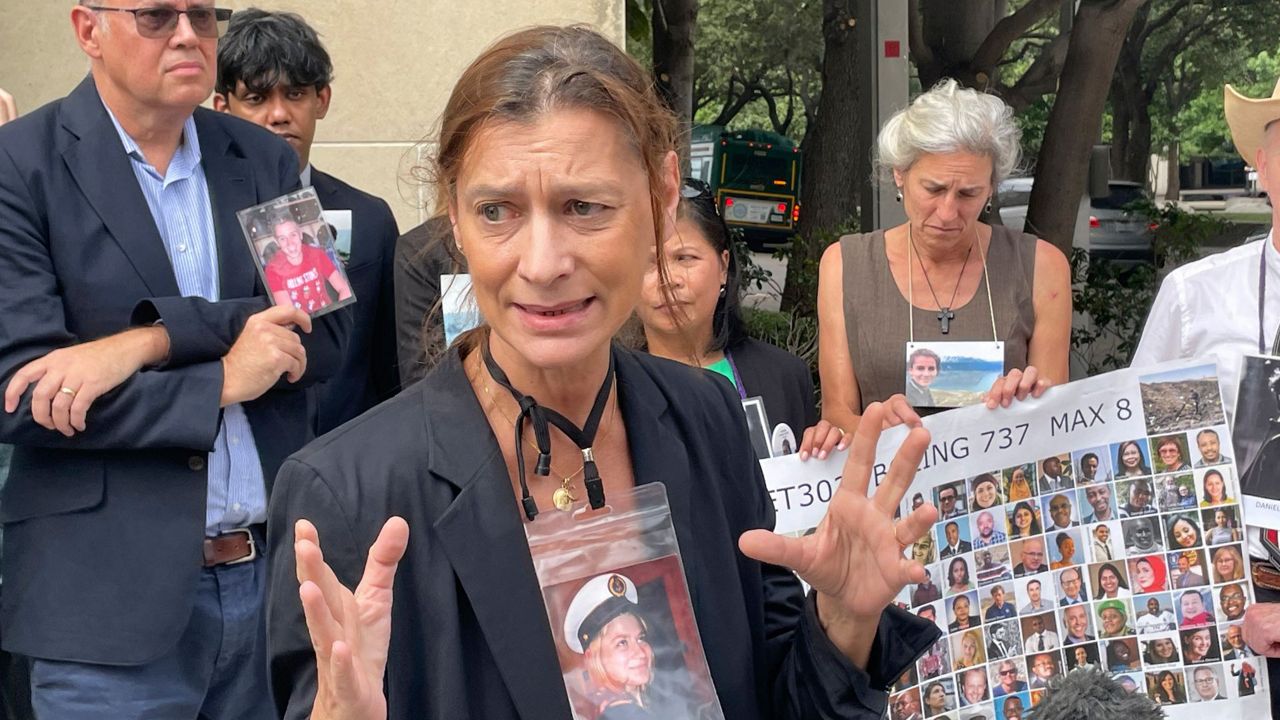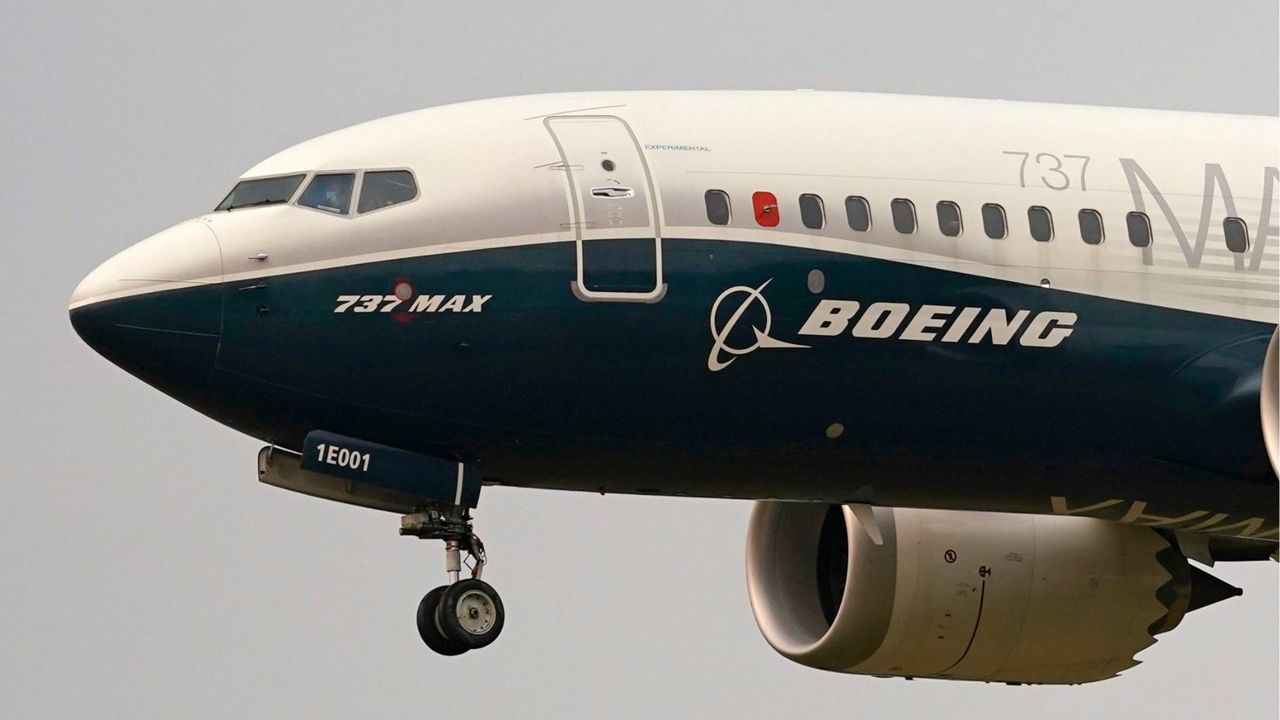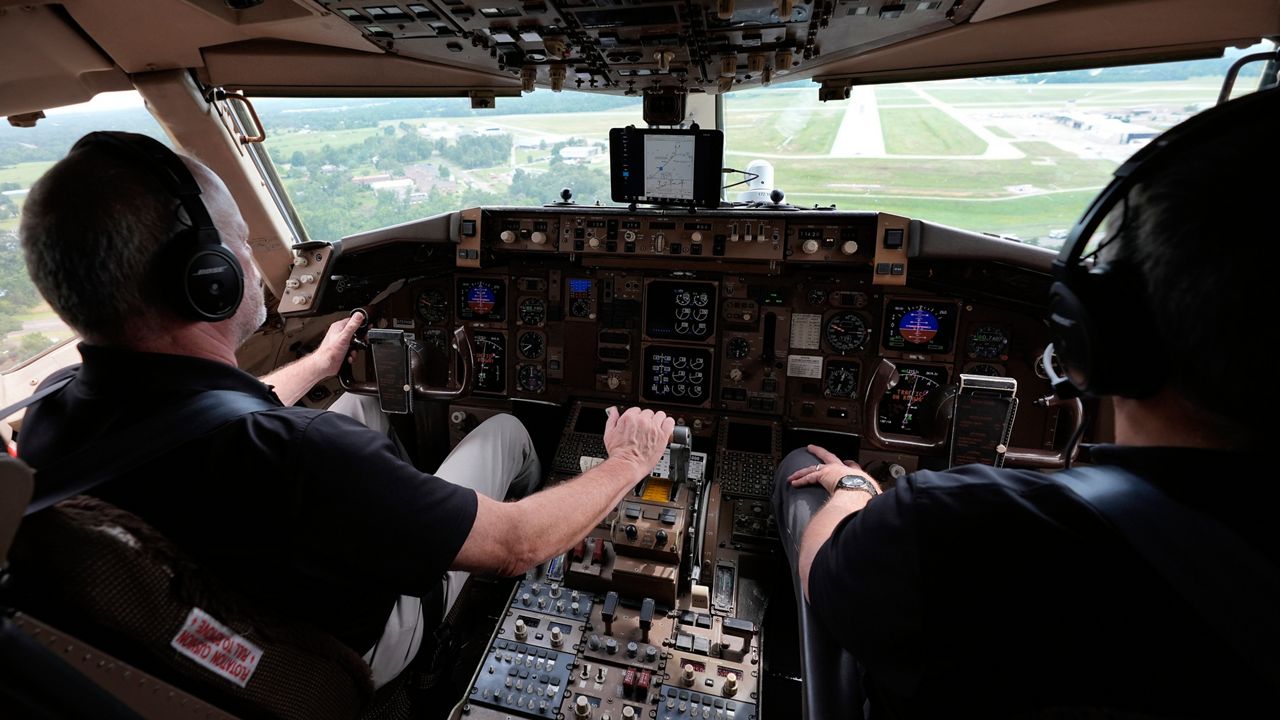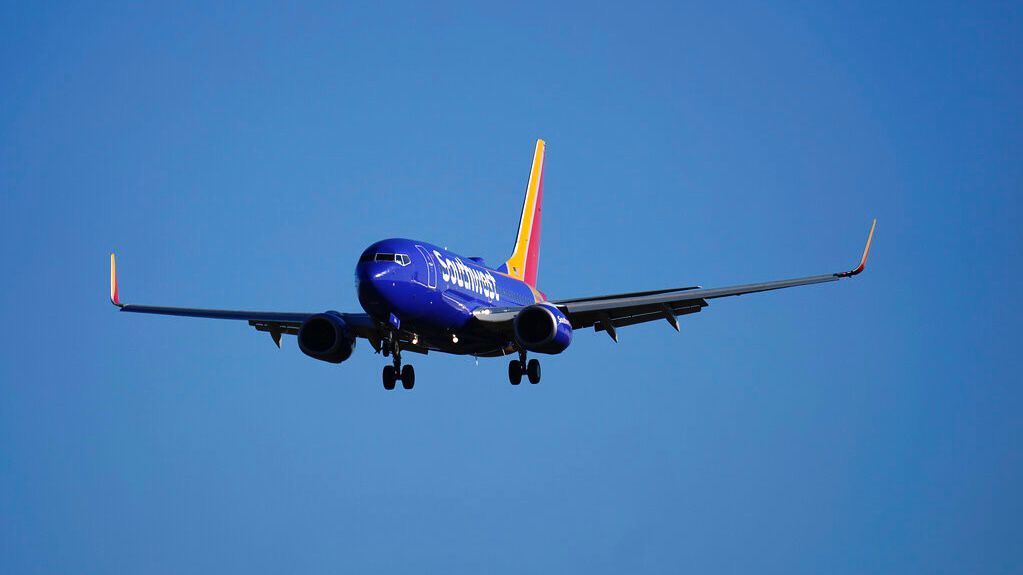DALLAS — A federal judge on Thursday rejected a deal that would have allowed Boeing to plead guilty to a felony conspiracy charge and pay a fine for misleading U.S. regulators about the 737 Max jetliner before two of the planes crashed, killing 346 people.
U.S. District Judge Reed O’Connor in Texas said that diversity, inclusion and equity or DEI policies in the government and at Boeing could result in race being a factor in picking an official to oversee Boeing’s compliance with the plea agreement.
The ruling creates uncertainty around the criminal prosecution of the aerospace giant in connection with the development of its bestselling airline plane.
The judge gave Boeing and the Justice Department 30 days to tell him how they plan to proceed. They could negotiate a new plea agreement, or prosecutors could move to put the company on trial.
The Justice Department and Boeing did not comment immediately.
Paul Cassell, an attorney for families of passengers who died in the crashes, called the ruling an important victory for the rights of crime victims.
“No longer can federal prosecutors and high-powered defense attorney craft backroom deals and just expect judges to approve them,” Cassell said. “Judge O’Connor has recognized that this was a cozy deal between the government and Boeing that failed to focus on the overriding concerns -- holding Boeing accountable for its deadly crime and ensuring that nothing like this happens again in the future.”
Many relatives of the passengers who died in the crashes, which took place off the coast of Indonesia and in Ethiopia less than five months apart, have spent years pushing for a public trial, the prosecution of former company officials and more severe financial punishment for Boeing.
The deal the judge rejected would have let Boeing plead guilty to defrauding regulators who approved pilot training requirements for the 737 Max nearly a decade ago. Prosecutors said they did not have evidence to argue that Boeing’s deception played a role in the crashes.
The company and prosecutors reached their agreement in July.
In his ruling, O’Connor focused on part of the agreement that called for an independent monitor to oversee Boeing’s steps to prevent violation of anti-fraud laws during three years of probation.
O’Connor expressed particular concern that the agreement “requires the parties to consider race when hiring the independent monitor … ‘in keeping with the (Justice) Department’s commitment to diversity and inclusion.’”
O’Connor, a conservative appointed to the bench by President George W. Bush, questioned the Justice Department and Boeing lawyers in October about the role of DEI in selection of the monitor. Department lawyers said selection of the monitor would be open to all qualified candidates and based on merit.
The judge wrote in Thursday’s ruling that he was “not convinced … the Government will not choose a monitor without race-based considerations.” He said DEI policies “only serve to undermine this confidence in the government and Boeing’s ethics and anti-fraud efforts.”
O’Connor also objected that the plea deal called for the government to pick the monitor and for the appointee to report to the Justice Department, not the court. The judge also noted that Boeing would have been able to veto one of six candidates chosen by the government.
The Justice Department first charged Boeing in January 2021 with defrauding Federal Aviation Administration regulators who approved pilot training requirements for the 737 Max.
The department simultaneously announced it would drop the charge after three years if the company stayed out of trouble and paid a $2.5 billion settlement — mostly money the company would have paid airline customers anyway due to the FAA grounding the 737 Max fleet for 20 months.
Families of the victims were outraged. Judge O’Connor ruled last year that the Justice Department broke a victims-rights law by not telling relatives that it was negotiating with Boeing, but said he had no power to overturn the deal.
The 2021 deferred-prosecution agreement was due to expire in January, and it was widely expected that prosecutors would ask to permanently drop the matter. Just days before that, however, a door plug blew off a 737 Max during an Alaska Airlines flight over Oregon.
That incident renewed concerns about manufacturing quality and safety at Boeing, and put the company under intense scrutiny by regulators and lawmakers.
After determining that Boeing had violated terms of the 2021 settlement, the Justice Department revived its prosecution of the conspiracy charge. That led to new negotiations and the plea deal that Judge O’Connor rejected.
Boeing agreed to plead guilty to a single felony count of conspiracy to commit fraud for allegedly deceiving the FAA about how much training pilots would need before flying the Max. Boeing had downplayed the significance of a new flight-control system called MCAS.
Acting on Boeing’s incomplete disclosures, the FAA approved minimal, computer-based training instead of more intensive training in flight simulators. Simulator training would have increased the cost for airlines to operate the Max and might have pushed some to buy planes from rival Airbus instead.
The plea agreement included a fine of up to $487.2 million but would have given Boeing credit for $243.6 million in penalties it paid as part of the 2021 settlement. Under the deal, Boeing, which is based in Arlington, Virginia, also would invest $455 million in compliance and safety programs, and be placed on probation and overseen by an independent monitor for three years.





